Imagine back in the 1990s you were appointed as the mayor of a major city in southeastern China, what would you do to boost the local economy and enhance people's welfare?
It could be challenging because you would have to utilize limited resources to accomplish these ambitious goals.
This was the problem facing Xi Jinping when he was appointed as the Party secretary of Fuzhou, the capital city of Fujian province. Fuzhou in Chinese means the "City of Happiness," but in 1990, the city was characterized by under-developed infrastructure and low-end industries with a per capita GDP as low as 1,936 RMB (about US$272).
Yet rather than proposing empty slogans or making hasty plans, the then-Party secretary started his tenure by leading a team to conduct detailed and comprehensive surveys in various sectors and local communities, listening to real voices of the people and learning from their collective wisdom. Furthermore, he invited hundreds of experts, both domestic and international, to provide insights on Fuzhou's development strategies.
After a thorough analysis of Fuzhou's endowments and evolving circumstances, Xi put forward a visionary blueprint for the city that focused on people's welfare. This became known as the "3820" strategy.
The strategy painted a promising future for Fuzhou: In three years, people's quality of life would be significantly improved; in eight years, Fuzhou would become one of the leading metropolitan cities in China; and in 20 years, the city's development level would be comparable to that of Asia's medium-developed economies. The strategy laid out a full range of tasks such as infrastructure construction, industrial development, technology progress, international cooperation, environmental protection, and livelihood improvement.
Action spoke louder than words, as Xi spearheaded a rigorous campaign to accomplish the objectives laid out in the "3820" strategy. A pivotal initiative named "Golden Triangle Economic Circle at Minjiang Delta" was carried out to strengthen infrastructure connectivity and industrial collaboration. Xi insisted on meticulous planning and detailed measures, and required that all tasks be done immediately and effectively to catalyze tangible transformations. To facilitate "one-stop" service for both residents and businesses, he promoted the consolidation of various administrative departments under one roof, cutting red tapes and increasing the ease of doing business.
After two decades, nearly all development objectives outlined in the "3820" strategy were achieved, transforming Fuzhou into a veritable "City of Happiness." The story of Fuzhou's success goes far beyond its geographical boundaries, and its transformation has served as a model for city development not only across China but also in other developing countries.
(The aurhtor, Chen Dapeng, is an associate research fellow at the Chinese Academy of Macroeconomic Research)








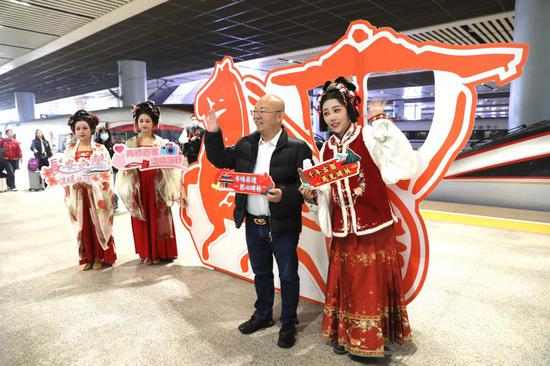
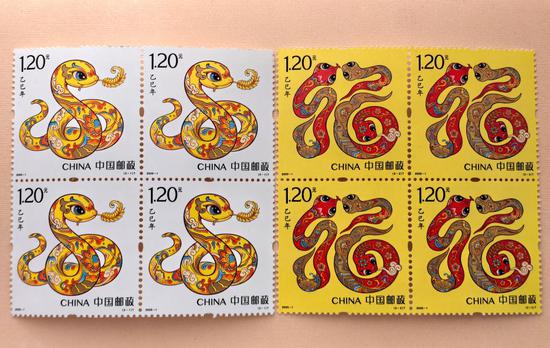


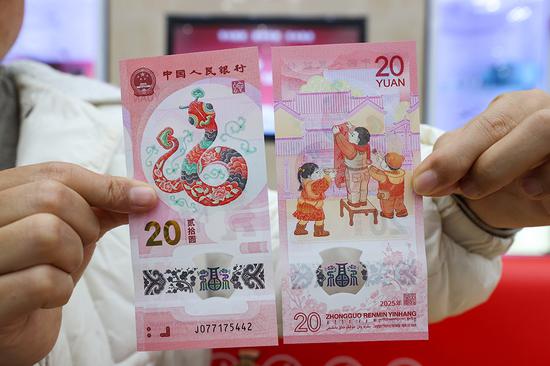
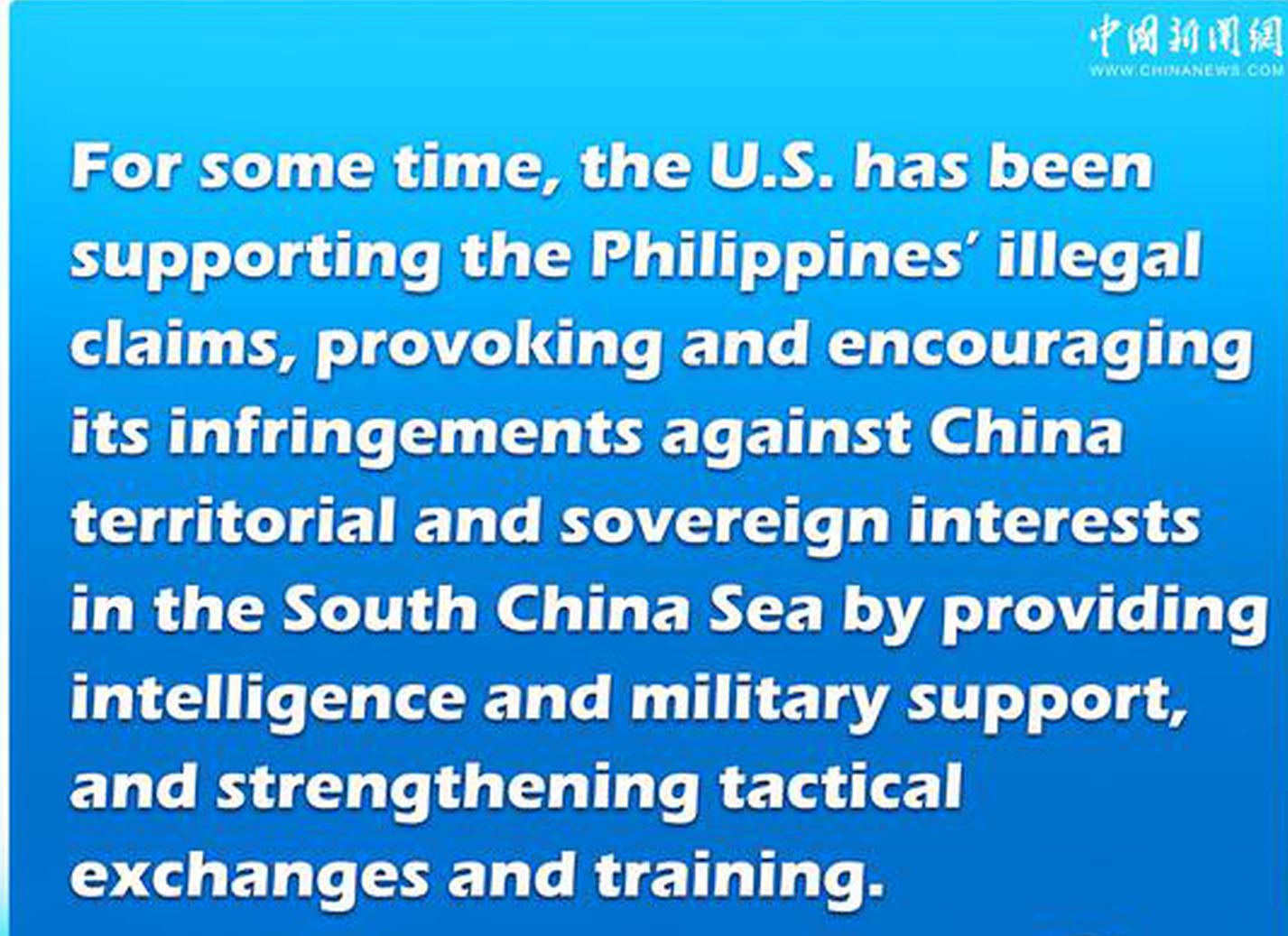
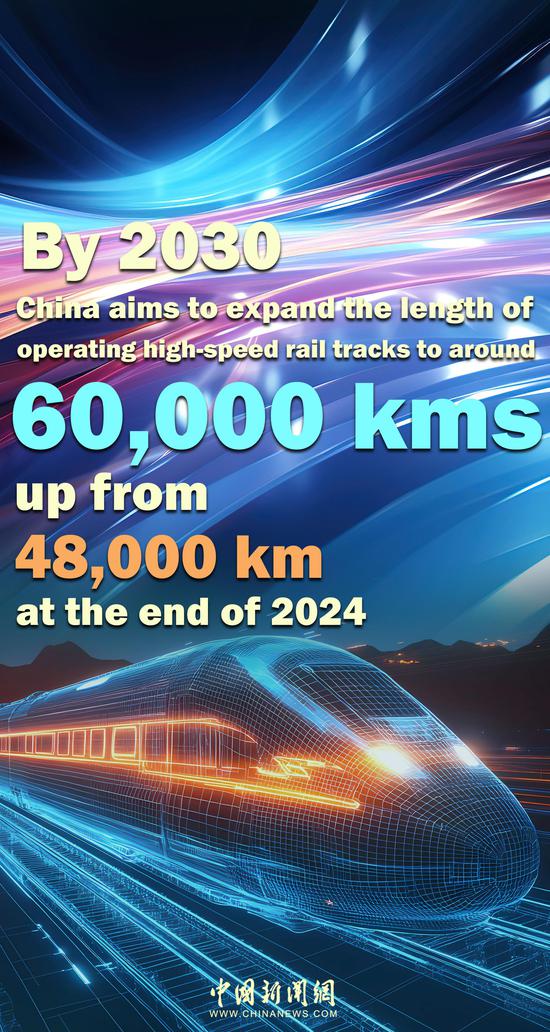
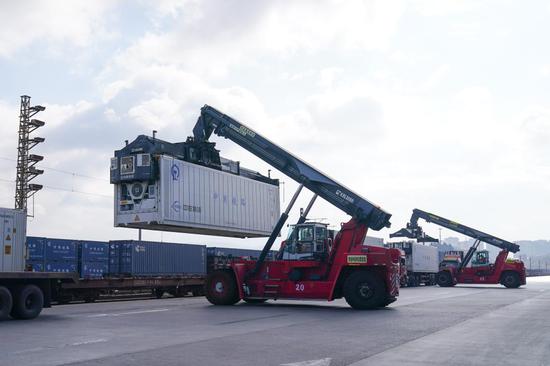
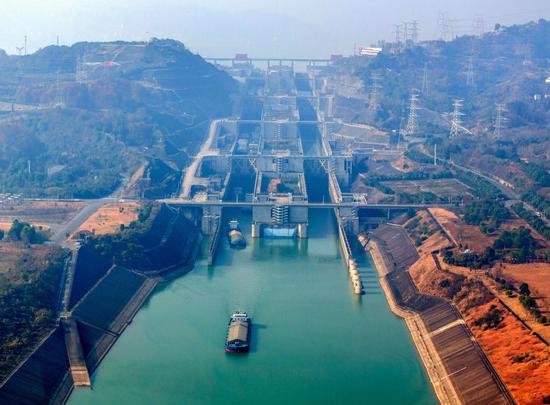


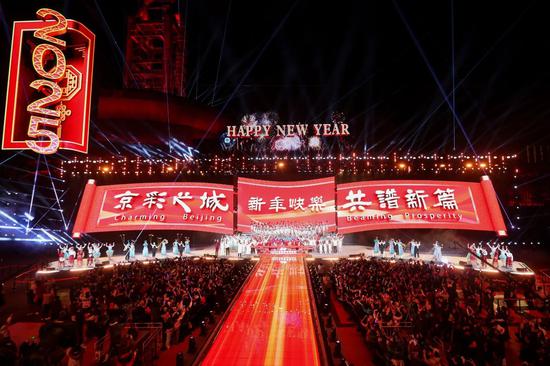

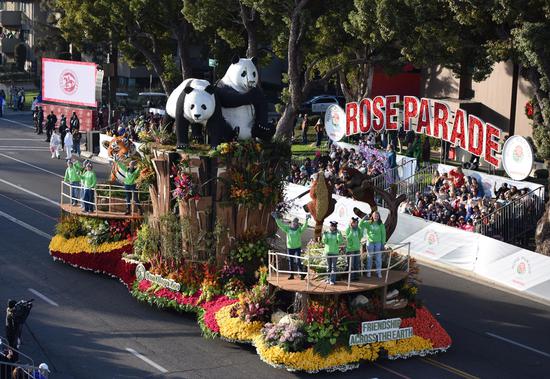

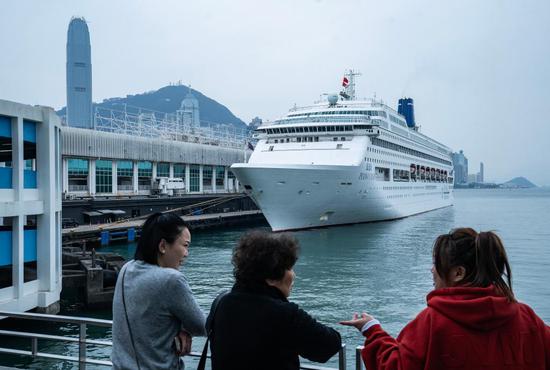
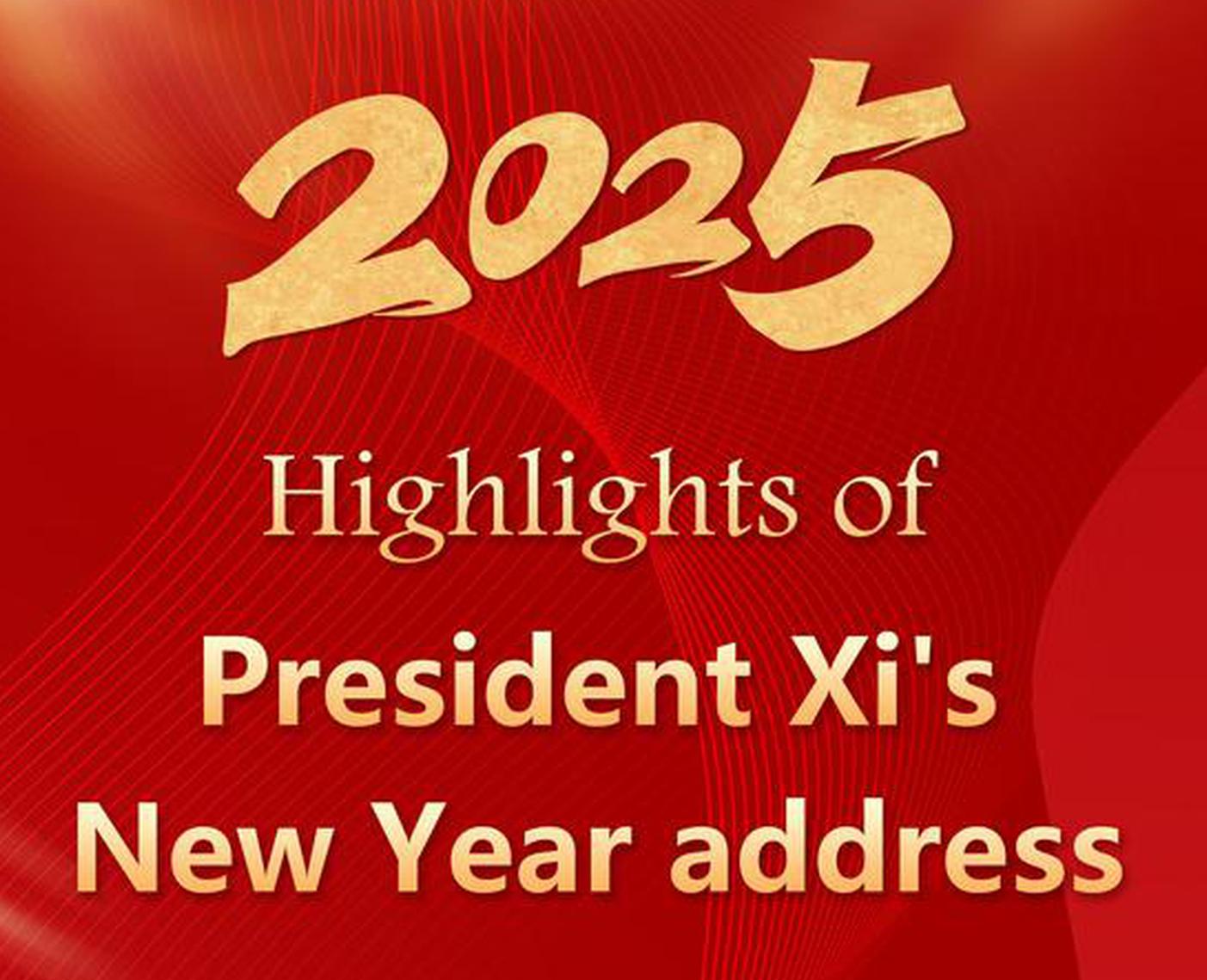
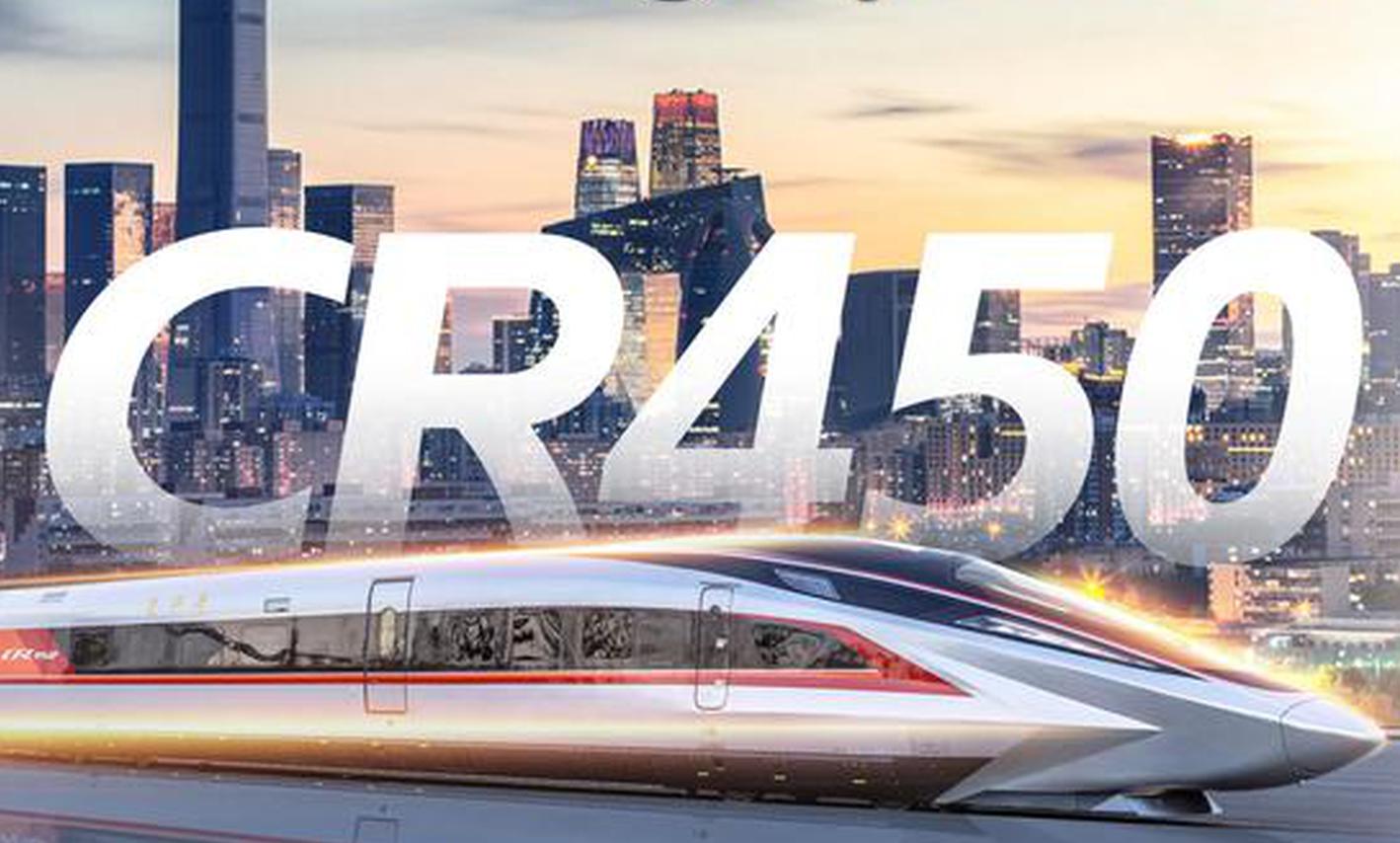
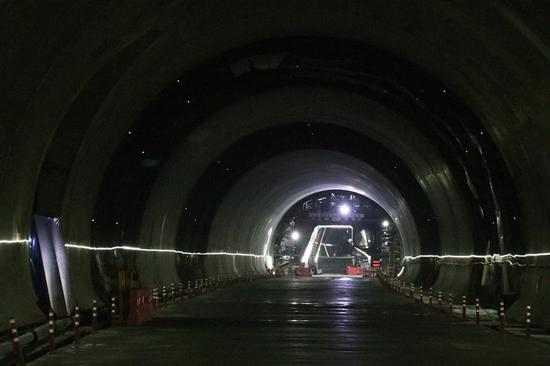
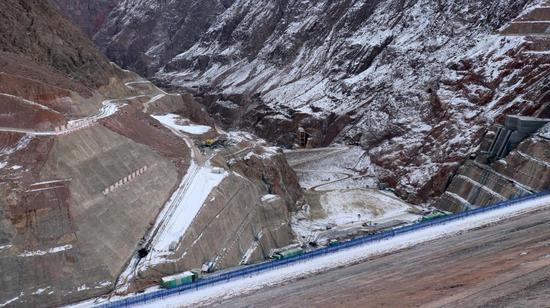
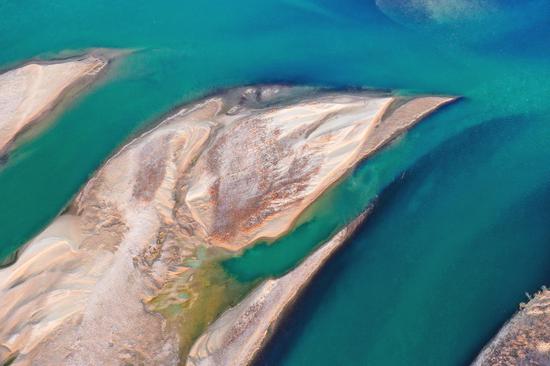
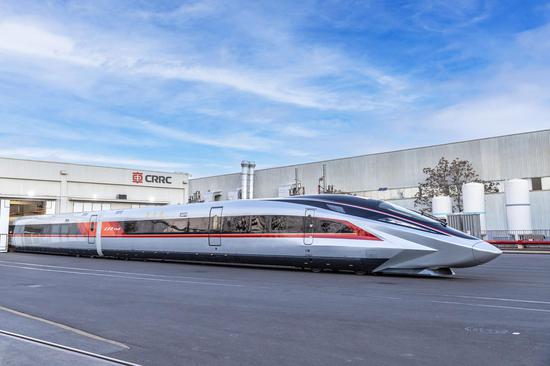
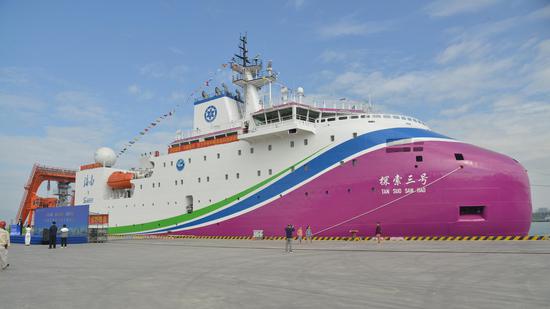
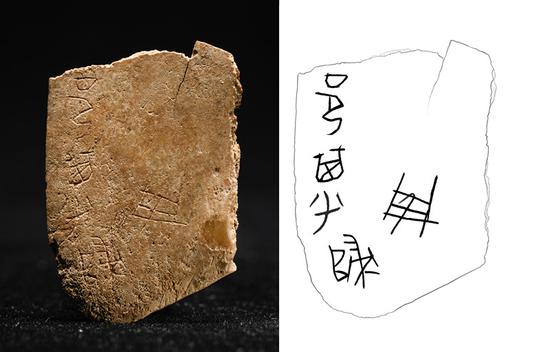
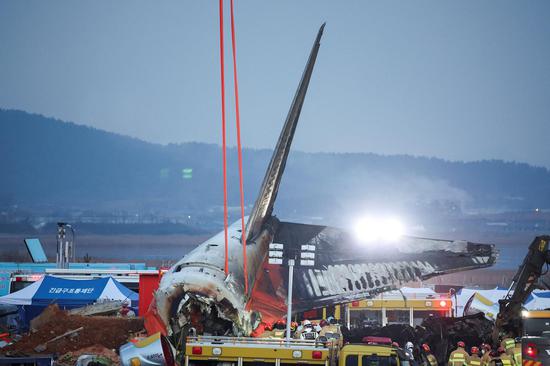
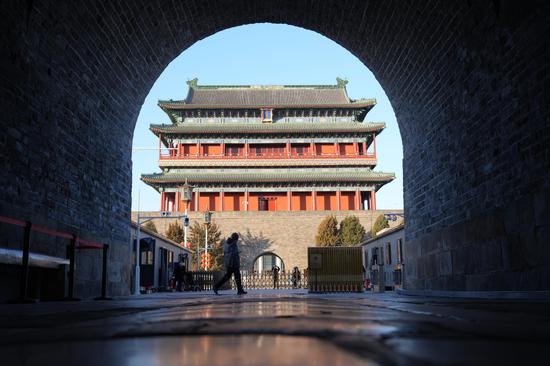
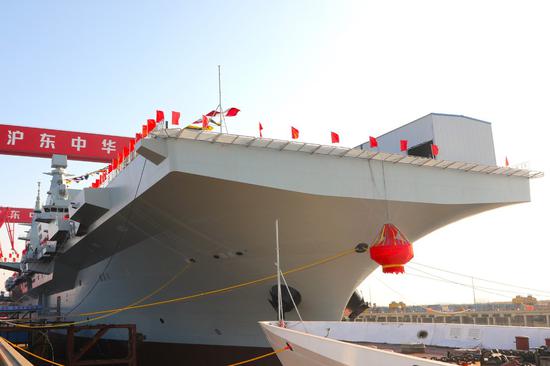
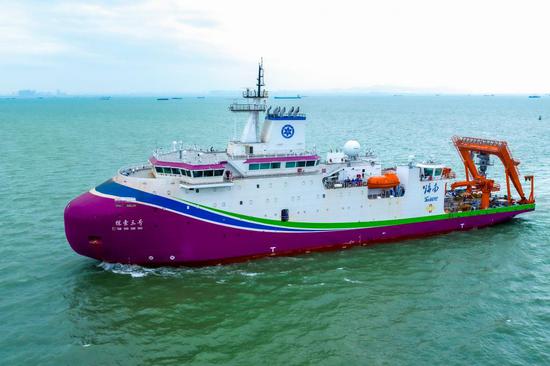
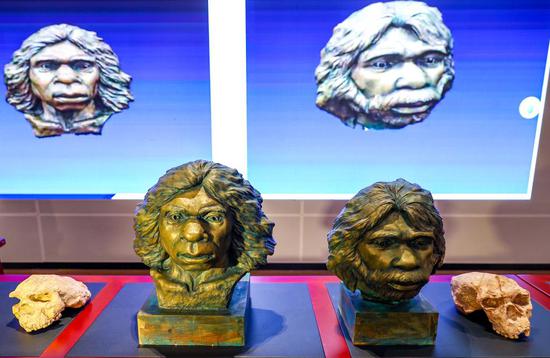
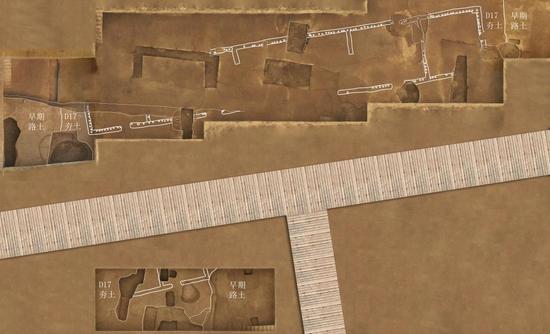
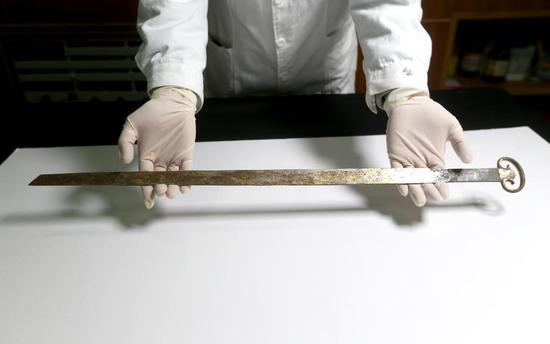
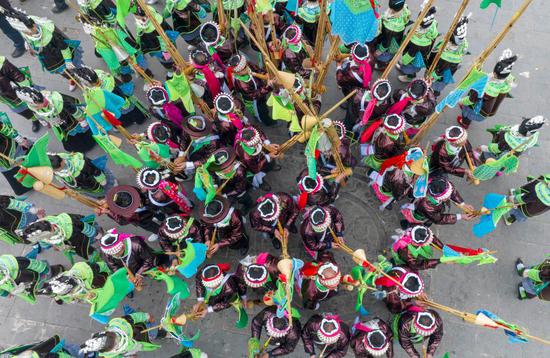

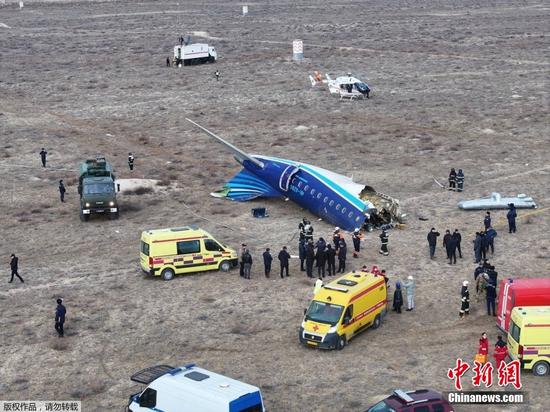
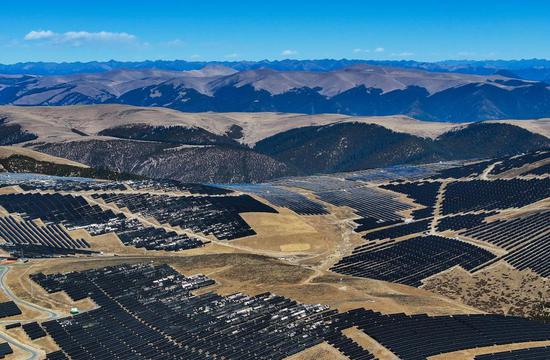
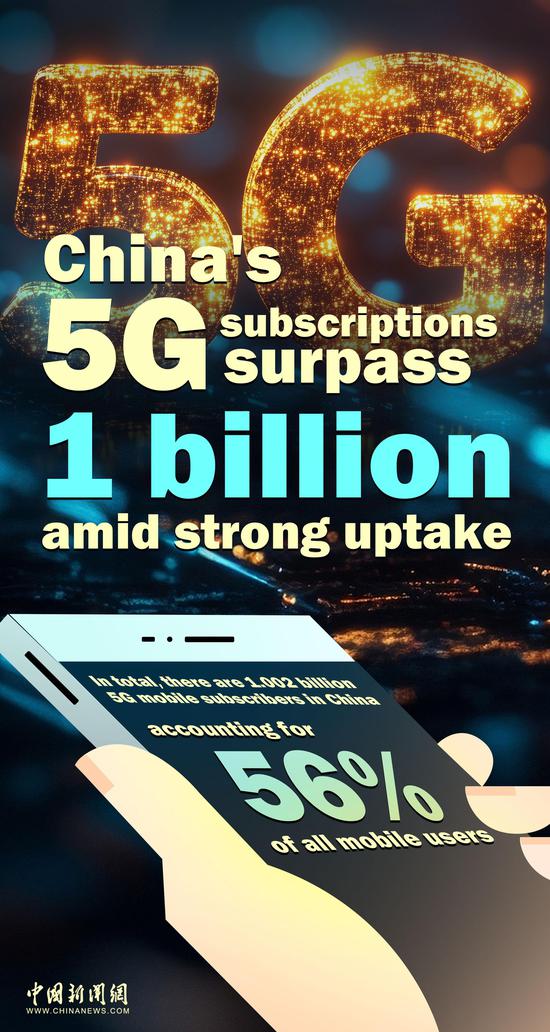
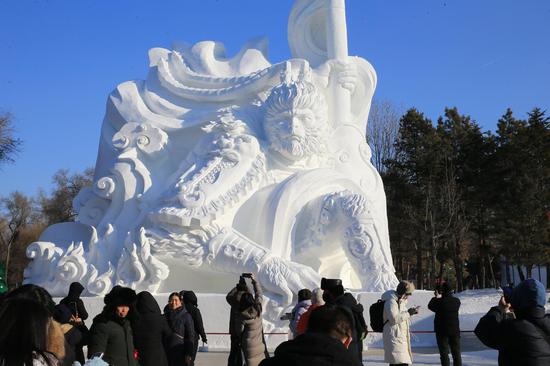

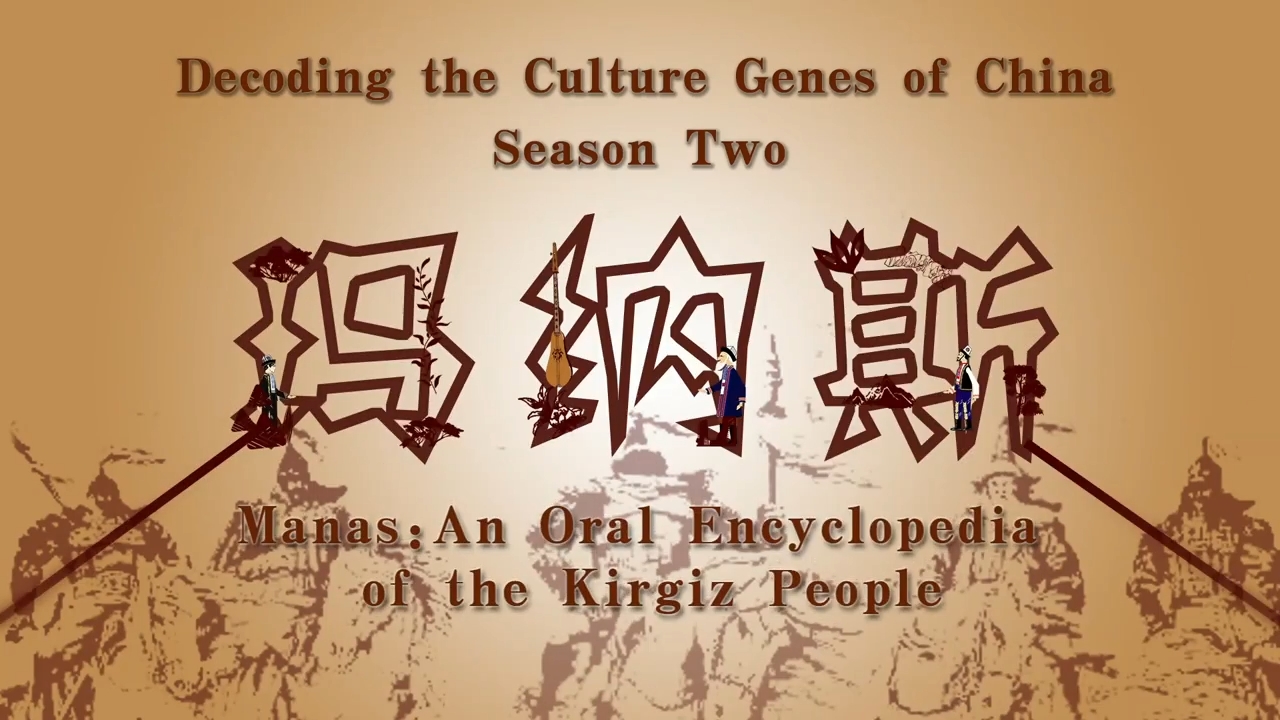



 京公網(wǎng)安備 11010202009201號(hào)
京公網(wǎng)安備 11010202009201號(hào)